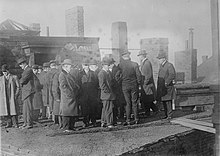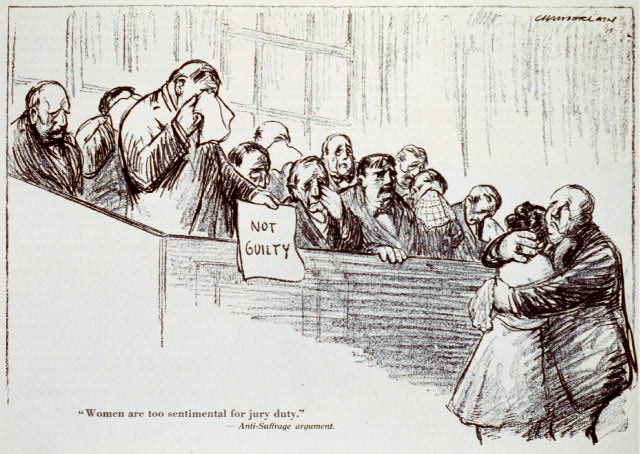Can people help me understand a bit about this? We don't have them here.
1) Are there federal and state with different grand juries?
2) Is it lay-people, (jury of peers) or is it people who work in law?
3) Does a particular jury sit for a period of time, or for a specific case (like a trial jury)?
4) I'm pretty sure, sometimes a prosecutor will decide to go to trial without going to a grand jury. What would that decision be based on? (Or am I wrong?)
~~~
I retain the right to ask more questions.
1) Are there federal and state with different grand juries?
2) Is it lay-people, (jury of peers) or is it people who work in law?
3) Does a particular jury sit for a period of time, or for a specific case (like a trial jury)?
4) I'm pretty sure, sometimes a prosecutor will decide to go to trial without going to a grand jury. What would that decision be based on? (Or am I wrong?)
~~~
I retain the right to ask more questions.

